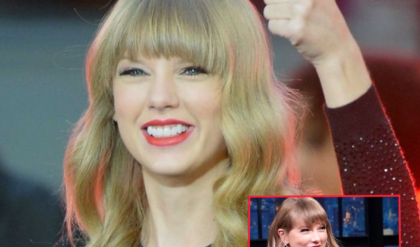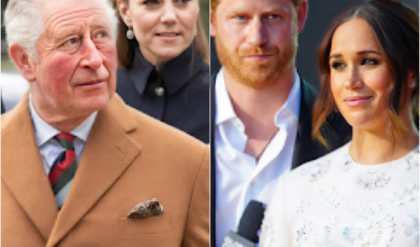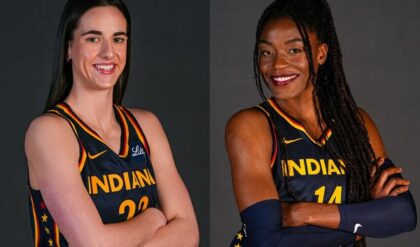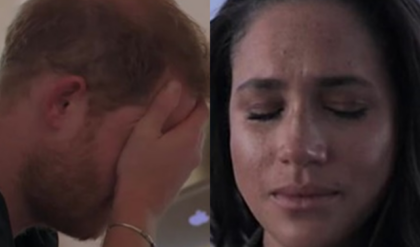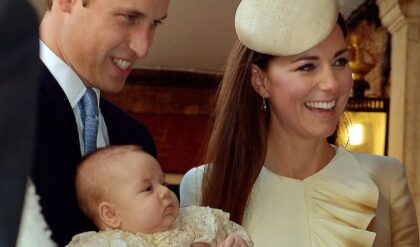Those embraced as a Great White Hope aren’t always devoid of skill and talent, but it’s just that their success is trumpeted at a deafening pitch
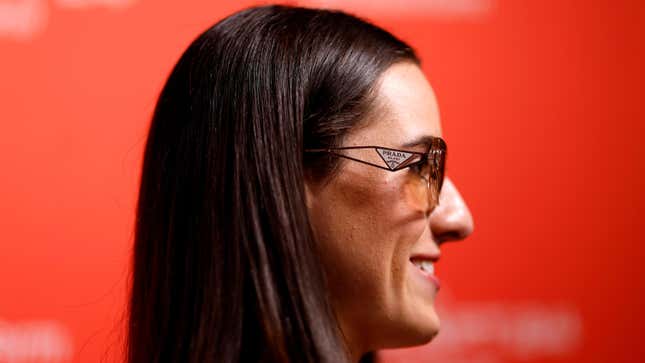
Photo: Sarah Stier (Getty Images)
Caitlin Clark has generated tons of interest in women’s basketball because of her long-range shooting and deft passing.
She’s been likened to Golden State Warriors great Stephen Curry, and that comparison ain’t crazy…that’s how special Clark is.
But some of the mania connected to Clark goes beyond the hardwood. She is the newest Great White Hope — a straight white woman excelling in a sport dominated by Black women.
Note that I said new-est. Great White Hope Syndrome isn’t a new thing in sports. It’s not even limited to sports.
All that’s needed for the syndrome to take root is Black dominance in an area that generates great prominence or wealth or both.
In boxing, Gerry Cooney emerged to provide hope that he could beat Black heavyweight champion Larry Holmes.
Didn’t happen. In Rock ‘n Roll, Elvis Presley was the radio- and TV-safe version of Black musicians whose style and flair was, ahem, “borrowed” by the “king.”
In rap, Eminem was the first white rapper to hit it big, breaking through at a time when the genre was just about entirely Black and brown.
Those embraced as a Great White Hope aren’t always devoid of skill and talent…it’s that their success is trumpeted at a deafening pitch and their prominence rises out of proportion to their actual accomplishment.
No others came before them. Nothing done before their exploits mattered.
Clark is embraced as the greatest scorer in the history of women’s college basketball, and it doesn’t matter that it’s not actually true: A Black woman — Pearl Moore of Francis Marion University in Florence, S.C. — still holds the record, set in the late 1970s.
Clark broke the NCAA’s Division I record, a tremendous accomplishment but not one that eclipses what Moore did.
Like Cooney, Elvis and Eminem, Clark can’t help who embraces her or the reasons for that embrace.
I’ve seen references to Clark as “wholesome” and “not ghetto.” The subtext of those descriptors are not lost on Black fans.
Nor has it escaped notice that Clark, without even playing in her first WNBA game, already has a reported $28 million sneaker deal with Nike.
You know who doesn’t have her own signature sneaker? That would be A’ja Wilson
. All Wilson did was win a national college championship in college, become WNBA Rookie of the Year, win two WNBA championships, pick up two league MVPs and write a New York Times best-seller called “Dear Black Girls.”
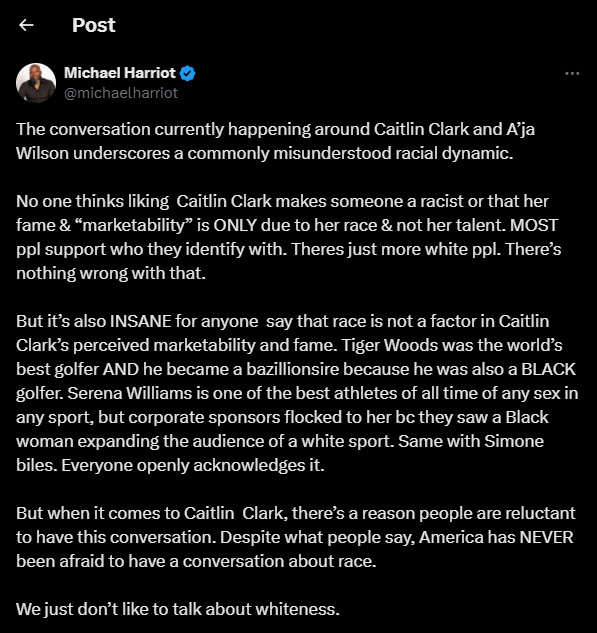
If the accomplished, effervescent Wilson can move books, there’s no reason she can’t move sneakers.
The reality, however, is that’s not likely a decision anyone who looks like her gets to make.
For some, but not all, hope trumps hardware. That’s the world in which we live.
